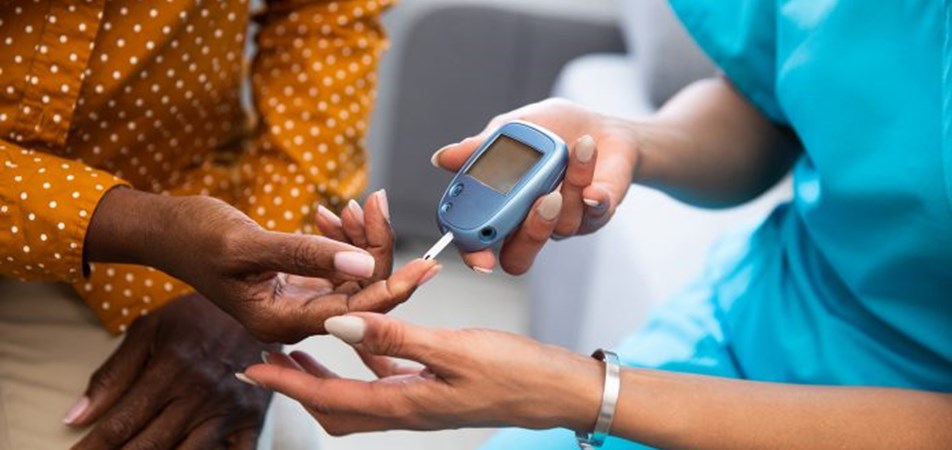To recover your password please fill in your email address
Please fill in below form to create an account with us

14/11/21
The theme for this year’s World Diabetes Day and for the next 2-years is ‘Access to Diabetes Care’. One hundred years after its discovery, insulin and other diabetes medicines and care still remain beyond the reach of many who need them.
Director of Diabetes Research at the NHMRC Clinical Trials Centre, Professor Alicia Jenkins, has a strong interest in inequitable access to diabetes care and has volunteered as a Medical Advisor and Board Member with Insulin For Life (IFL) Australia for over 20 years, she is President of IFL Global and IFL Australia and a Board member of IFL USA.
We spoke with Alicia about the challenge of accessing diabetes care in developing countries and how Insulin for Life is helping to save lives around the world.
2021 marks 100 years since the discovery of insulin. Why are so many people still unable to access this life saving medicine?
The biggest challenge to accessing insulin is cost which varies greatly in different countries.
In disadvantaged countries, insulin is often not subsidised and can cost up to 14 times the total amount of a poor family’s annual income. When a family can’t afford insulin, the person with Type 1 diabetes can die in days without insulin, or if low dose insulin is taken they will live longer, but have poor health and often develop infections and complications such as vision loss, kidney failure and amputations, even as a young adult and die very prematurely.
In advantaged economies diabetes care is usually heavily subsidised. For example, in Australia, the yearly cost of insulin, syringes and blood glucose testing strips to a low income family is normally less than 0.3% of their average annual income and excellent public hospital multidisciplinary specialist care is available.
The frequency of insulin-requiring diabetes; that is everyone with Type 1 diabetes and for about 1 in 5 people with Type 2 diabetes or women with diabetes during pregnancy, is rising. Globally, an estimated 1 in 2 people who need insulin cannot afford it or access it, even though insulin has been on WHO essential medicines lists for decades.
What is Insulin for Life doing to improve access to insulin?
In nine affluent countries Insulin for Life collects and donates in-date unopened insulin, syringes, glucose test-strips and other diabetes to clinics in over 30 poor countries. We also assist local groups to run diabetes camps and community education days and to undertake advocacy for better access to diabetes care. The UN Special Rapporteur for the Right to Health, Dr Mofokeng is involved in our webinars series re advocacy.
Tell us about a recent Insulin for Life project and its impact.
IFL has launched its 2021 IFL Secret Santa campaign (www.insulinforlife.org). Every $5 donated to our tax deductible charity will provide diabetes supplies for 1 week to a poor child or adult with diabetes overseas. The donation comes with a customisable gift certificate.
This year we celebrate 100 years of Insulin, what developments in the management and prevention of Type 1 diabetes do you hope to see in the next 100 years?
I expect that there will be some effective drugs to retard the onset of Type 1 diabetes in affluent regions and that there will be more equitable access to diabetes care globally. Currently, it is estimated that for every 2 people alive with Type 1 diabetes today one has died due to lack of access to basic diabetes care – I would like to see that one become a ‘no-one’.